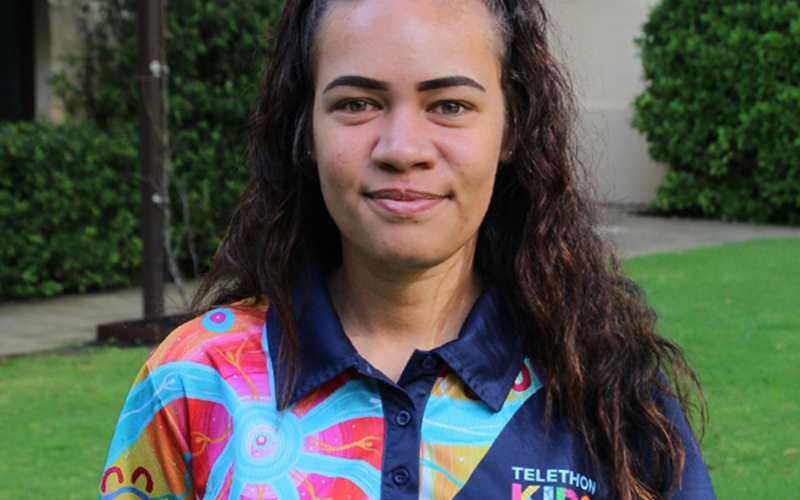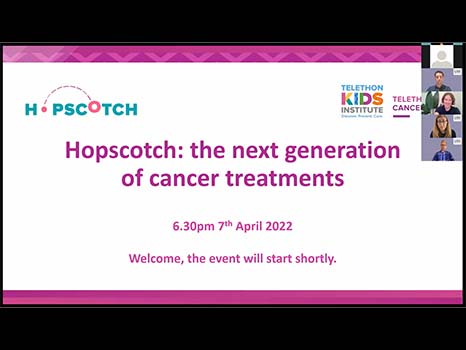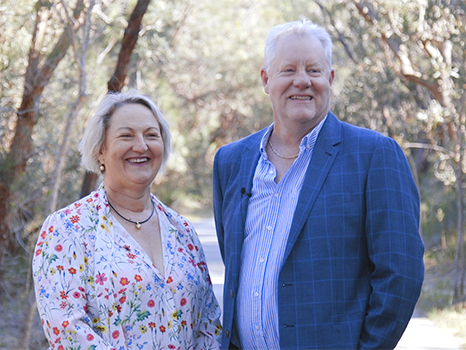Search

Maddox Ball and The Kids researcher Dr Ingrid Laing might not look like they have a lot in common but they share a very special bond.

One of Australia’s leading cancer research centres continues to be powered by parents who decided to fight back. Hard.

News & Events
Meet the Finalists: Illuminate PitchFest 2024Illuminate PitchFest is back! We are excited to introduce you to 10 trailblazing researchers who will be taking to the stage this February to pitch their bold and bright ideas.

News & Events
Meet Jordeana - STARS Award RecipientJordeana Howard is a proud Yawuru, Nyul Nyul & Kija woman from the areas of Broome, Beagle Bay & Alice Downs, and a recipient of a The Kids Research Institute Australia STARS Award.

News & Events
Hopscotch 7th April 2022: The next generation of cancer treatmentsOur first Hopscotch event of 2022 explored exciting new frontiers of cancer treatments happening in the WA Kids Cancer Centre.

News & Events
Marianne & Brad’s gift of giving‘Tis the season of giving. Unconditional giving means you directly power all our research to help more kids live happier, healthier lives.

We are grateful to our many generous friends who support the Institute through philanthropy.

Professor Jonathan Carapetis has made eliminating rheumatic heart disease his life’s work.

Children in the tiny Pacific nation of Tuvalu face a unique threat that should be a wake-up call to other countries across the world.
